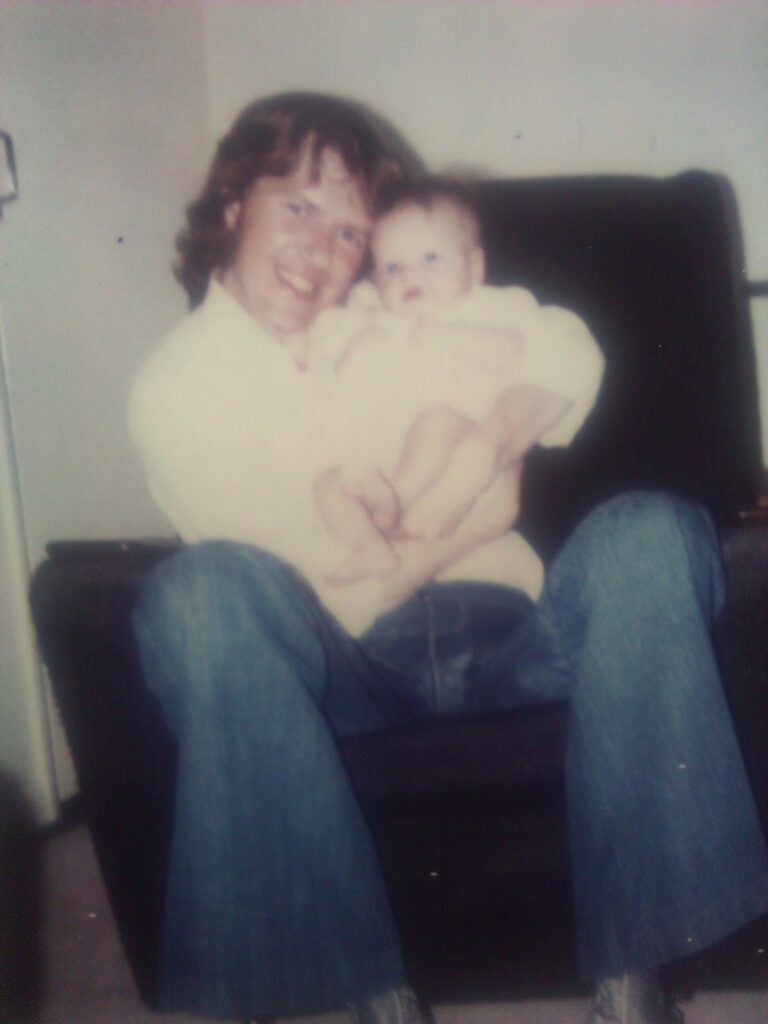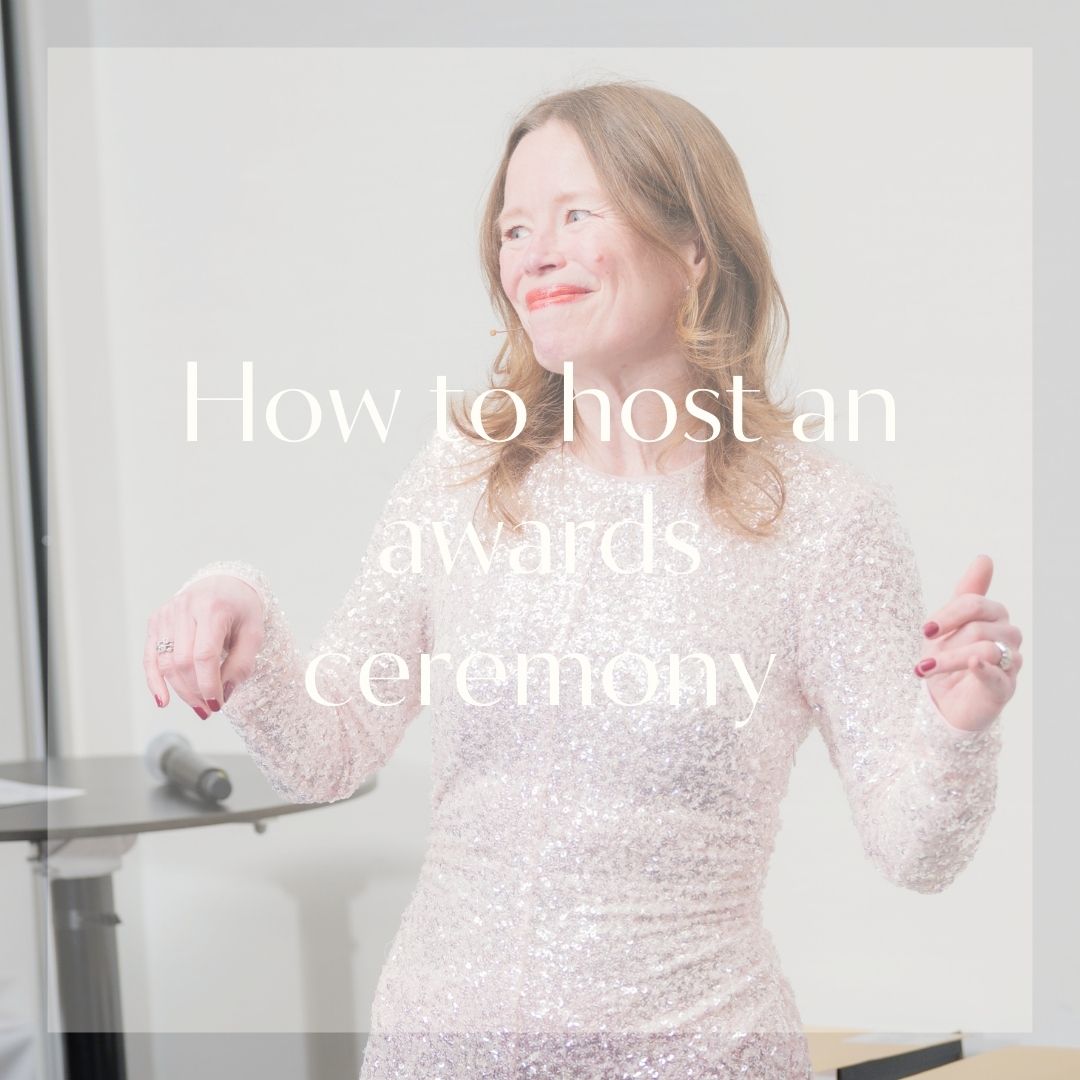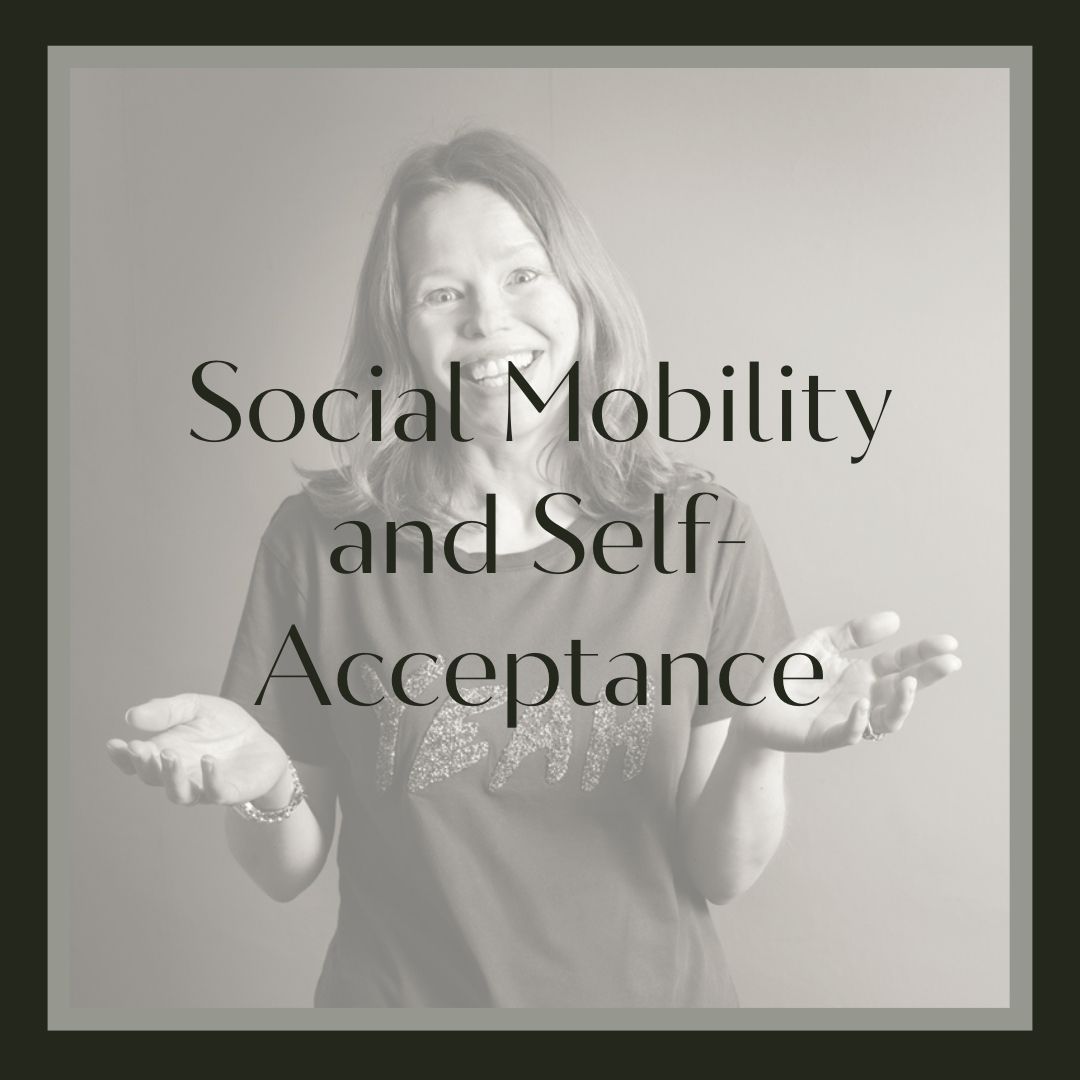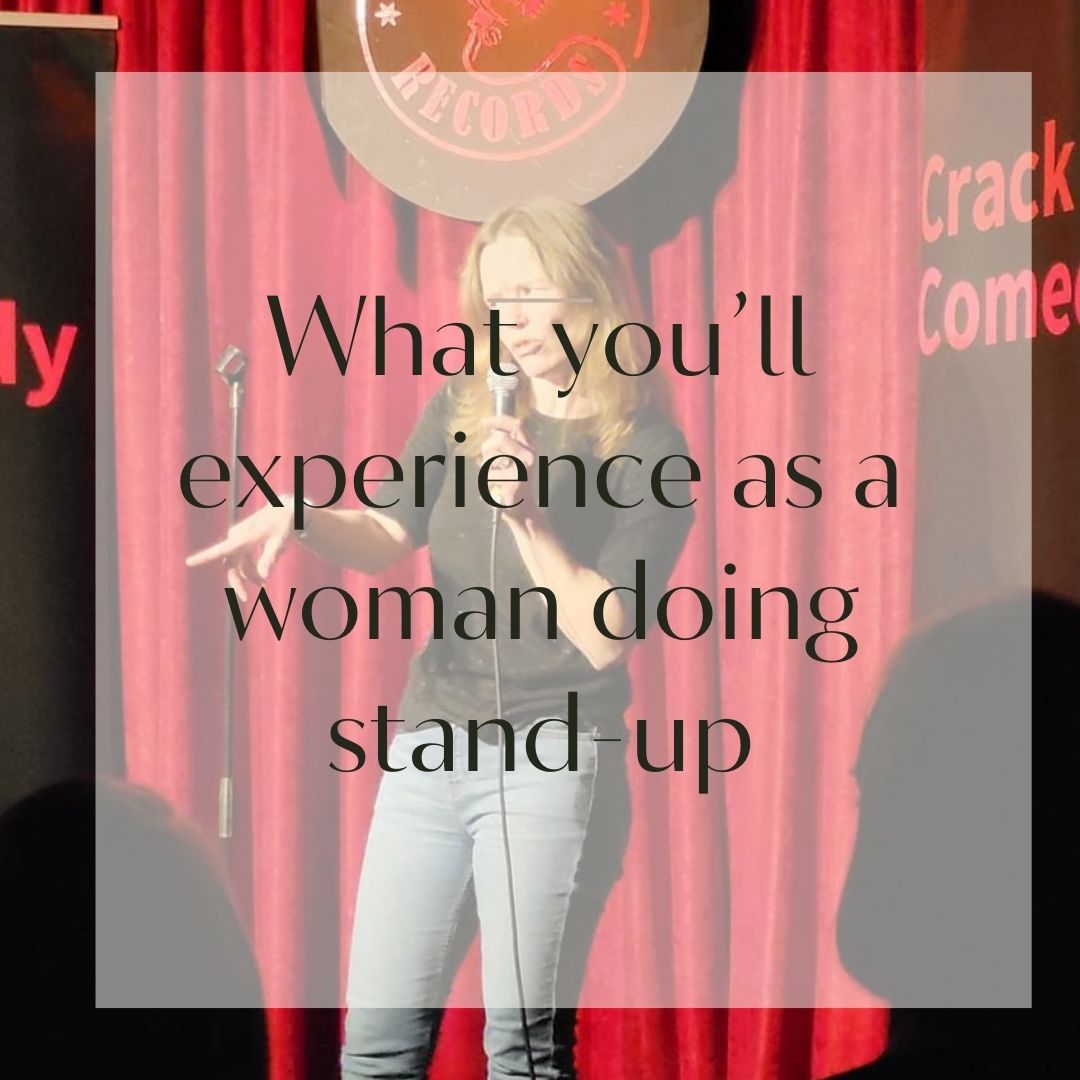“Resilience” <Noun>
1: The capacity to withstand or to recover quickly from difficulties; toughness
2: The ability of a substance or object to spring back into shape; elasticity
Today marks the anniversary of my dad’s death, aged 43, from cancer. He died at home but I wasn’t there to witness the ambulance workers who came and took him quietly from the living room. The man was at least 6ft 3 and how he found the tolerance for lying on a 3-seater sofa when in so much pain is beyond me. I don’t know what happened in his final moments. Don’t know precisely what was said or done, but there are some things that I do remember.
I remember my mum fighting to keep him at home so he wouldn’t die in hospital. The Macmillan nurse bringing morphine, and the cushions that had to be taken away to be cleaned after his death. I remember a conversation where my mum said she’d decided with the doctors that they wouldn’t tell him he was going to die as it would hasten his decline.
I remember arriving home from playing bar billiards with a friend of mine at her dad’s firm’s social club (in the circles I move today, a firm means ‘law firm’ but let’s be clear – this was a manufacturing company) to find a neighbour in the kitchen who wouldn’t normally come round. I remember calling my friend with the news later that evening and telling her not to cry. From what I’ve studied since I know that memory is subjective and may not be truly representative of the facts. The one thing that is a fact is that I was 14.
The age of innocence?
14 is young. But my brothers were much younger – three of them spread between the ages of 12 and just three. I was lucky in that I was old enough to have begun to get to know my dad. Old enough for him to tell me to “Look after your mum”. Old enough to be involved in nappy-changing, shopping, and walking siblings to school.
I was not old enough to be doing all the drinking, smoking and everything else I was getting up to but, hey, we all knew someone with an older brother, a shopkeeper who would happily take our cleaning wages or a distracted parent with a carton of duty-free cigarettes and a drinks cabinet. I was both child and ‘mother’s helper’. Worker and school girl. Not a ‘boffin’ but certainly streetwise. I knew from an early age that “shit happens”.
Child protection
In the house and the community I grew up in, we lived too close together to keep the messiness of adult lives separate from that of the children. I often joke that everyone on the estate knew your business – and if they didn’t, they’d make something up. Living cheek by jowl in houses with thin walls, gardens with low fences, and grassy areas designed to encourage outdoor play, the joy and messiness played out for all to see.
Whilst on the one hand it is sad to reflect on how we all knew (and heard) the parents with drink and temper problems, on the other it meant there was always a quick route of escape and respite for those who needed the company and laughter of other young people. Always a house you could go to with a blaring tv and a full biscuit barrel. And there was always, always, someone on hand to help.
Seeking opportunities
As a curious and “bright” child with traits that would probably attract a form of diagnosis today; walking on tiptoes, night terrors and repetitive behaviours that included sniffing books and touching the floor (I am laughing at myself on that last one – I remember my mum trying to get me to hurry along the street when I was about five but I was not going a step further unless I’d felt the tarmac under my palm), I was always alert to what was going on in other people’s lives and houses.
I became something of a cuckoo in the nest of my friends’ families, seeking out the places with food in the fridge and trading what I like to think was my ability to entertain people in return for their endless hospitality. This became my training ground for thinking about how I would like my life to be vs giving in to a pre-determined destiny. I might have been a bit ‘bent out of shape’ but my resilience was most certainly being formed – to know there are positive routes and outcomes is a big carrot when you feel like life has beaten you with the shitty stick.
Deciding what I didn’t want
Navigating those teenage years in a house with a parent knocked sideways with grief and for whom parenting has become an almost impossible task gave me a laser-sharp focus on getting out. And whilst I wouldn’t have been able to put a name on it at the time, I know that those hours spent studying people and trying other families and personas on for size became my way of finding new role models and figuring out how to get where I wanted and needed to be.
Would I make it as a shop assistant in a greengrocers? No. Too little pay and too many hours spent wearing a stripy tabard. How about as a glamour model? Also no. As crazy as the idea sounds this was considered a normal aspiration so off I went to a photographer’s house to have pictures taken in his ‘home studio’ (aka living room). On the wall was an image of a local girl that he’d taken where she was wearing just a camisole. She had soft curls and had been in the running for ‘Miss Basingstoke’. He told me I needed to “Lose some puppy fat”, I credit him with me making myself sick for years after.
I looked around and saw part-time work and pregnancies. Boys headed for the Army and girls for early marriages. Mechanics and mortgage advisors. Kitchen porters and care home assistants. Car sales and the counter at the local chemists. I knew what I didn’t want, but how could I figure out what I wanted to be?
A second chance at education
There came a big fat realisation that I definitely needed to go to college. The two ‘A’s I’d got in my English GCSEs always seemed a bit of a quirk to me – there was no mega celebration or idea that I ought to pursue what for my own children I would count as something of a talent.
The words of the teachers who encouraged me at secondary school were drowned out by the chaos of my home life. Thankfully, six months spent working full-time in a fruit and veg shop woke me up to the fact that those two ‘A’s would enable me to take A-levels. So I signed up for English and, because I wanted to know why my family was so insane I also chose psychology.
College turned out to be an important and therapeutic experience. Being around young people from a wide range of backgrounds demonstrated that I had earned my right to be on those courses. That I was just as worthy of a place as the kids whose parents owned farms or other sprawling properties.
Alongside academic life, my social life changed too: I got drunk with a girl who not only lived on a farm but was a Young Farmer (tip: Young Farmers will drink you under the table) and went raving with another who got a brand new Mini Cooper with a personalised number plate for her birthday thanks to her car dealership owning, listed-building living dad.
I had my first experience of eating a souffle from an individual Le Creuset dish at the raver’s house. They were made by ‘Granny’ who lived in a separate wing. I didn’t have a ‘Granny’, I had two ‘Nan’s’ and they both lived in council houses. I couldn’t believe I’d got a seat at that table. But I did. And I put the memory of those little Le Creuset dishes in my memory bank for later.
What no university?
Unlike those GCSE English results, my A-levels were somewhat more mediocre. Incredibly the advice I received on passing was that I should apply to university. This was a surprise to me as it had never been on my radar or in my plan. Girls like me didn’t go to uni – it was all about the ‘graft’. When I explained this wasn’t a financial or practical possibility, I was grateful I’d chosen to go to the local technical college vs the one that was more academically inclined as it meant they could advise me on vocational qualifications.
Starting an NVQ Lvl 4 in Secretarial and Administration Procedures gave me something I didn’t realise I needed: employability skills. Chief among which was being able to type like an absolute demon. I would write my way out and into the world of technology. But that’s a story for another time….
—–
This is just a glimpse of the story that I tell. If it’s got you interested in the motivational talks I deliver on the topics of resilience and social mobility, drop a line to [email protected] or use the contact form to get in touch!




